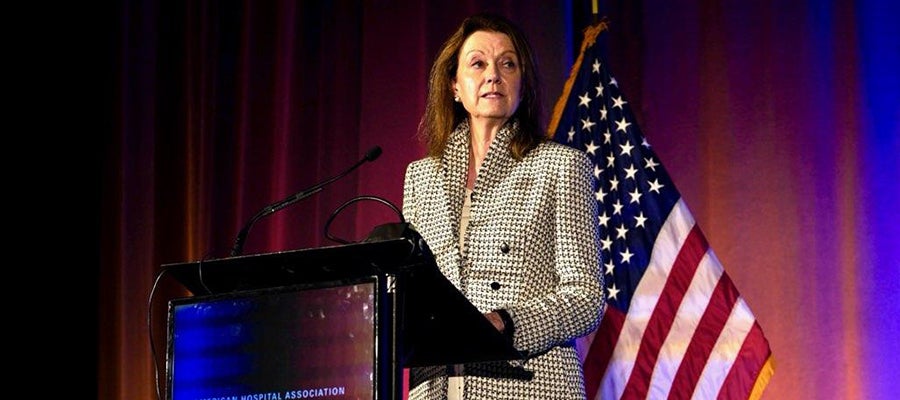
Germany’s Economy in 2024: Recession Struggles Continue Despite Consumer Boost
Germany’s economy is predicted to experience little growth in 2024, despite a stronger start to the year. Manufacturing and the construction sector are still experiencing a recession, while consumption is expected to be the only bright spot as inflation eases. However, even with this positive outlook for consumption, it may not be enough to drive a real upswing in the economy. Investments are currently depressed due to geopolitical uncertainty and high interest rates, which hinders economic growth.
In 2023, Germany’s economy shrank by 0.2%, making it the weakest performing large euro zone economy among all countries. Despite managing to avoid a recession at the beginning of the year with a 0.2% GDP growth in the first quarter, Germany saw a negative impact as it shrunk by 0.5% in the last quarter of the same year. The German government predicts that this year will see only 0.3% GDP growth, lagging behind many other countries such as France, Italy, Britain, and the United States who are expected to experience more significant economic growth than Germany.
According to IW, foreign trade is not expected to provide much economic stimulus in 2024 due to its weakness. Unemployment rates are projected to increase from an average of 5.7% in 2023 to an average of 6% on average in Germany in 2024 despite having a record number of employed people (46 million) during that year. This highlights how economic weakness affects labor market conditions in Germany and emphasizes the need for policy measures aimed at improving business conditions and preventing wasting their potential for economic growth.
Overall, it seems that despite some positive signs such as consumer spending and improved business conditions for some sectors like manufacturing and construction, Germany’s economy will face challenges such as slowing foreign trade and rising unemployment rates that could hinder sustained economic growth unless addressed through effective policy interventions that address these issues directly or indirectly through their effects on businesses and consumers alike

